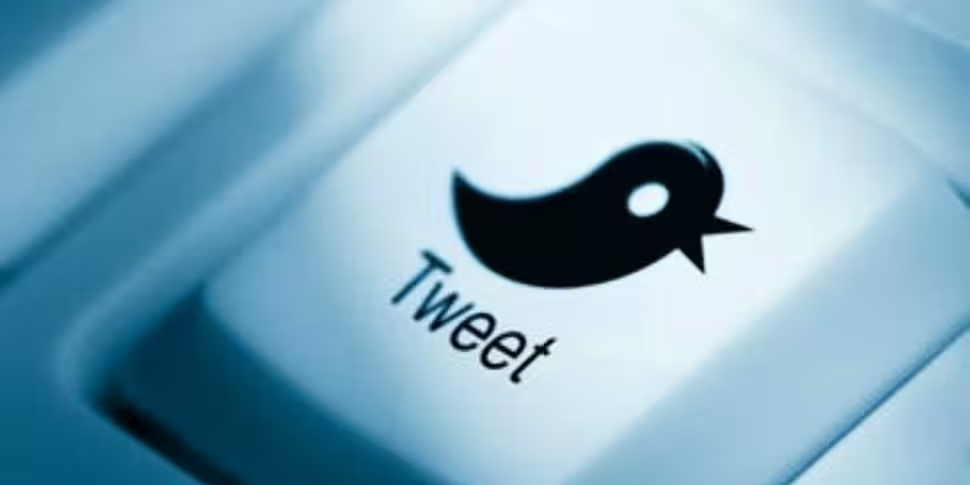If you can't see the poll above, click here
Peaches Geldof is potentially facing criminal charges after tweeting the names of the two mothers said to be involved in the Ian Watkins child abuse case. The women's children are legally entitled to lifelong anonymity, and therefore their parents cannot be named as it would identify the children. South Wales Police have said they will investigate Geldof's Twitter actions.
Peaches Geldof, who has written articles for The Guardian and Daily Telegraph, has apologised for tweeting the names, stating she believed the names were already in the public domain through other media sources and court documents. She wrote, “I deleted my tweets, however, and apologise for any offence caused as at the time of tweeting had only seen everyone tweeting the names at me, so had assumed as they were also up on news websites and the crown court’s public file that they had been released for public knowledge. Apologies and lesson learned."
Libel and privacy laws when it comes to Twitter and social networks has become a hot topic in recent years, with several cases igniting debate over whether Twitter users can be expected to be as familiar with publication law as media organisations. Many commentators will argue that the damage is done when the information is in the public domain - whether it's published as a single barely-seen tweet or in a newspaper.
When Lord McAlpine was falsely implicated in a child abuse case, he successfully won damages (which were donated to charity) from the likes of BBC and ITV. He also pursued many Twitter users, including Sally Bercow, the wife of the speaker of the House of Commons.
Ultimately, McAlpine and his legal team dropped the charges against users with fewer than 500 followers in exchange for said users making a small charitable donation to Children in Need. However, he successfully reached settlements and agreements with higher-profile tweeters such as Bercow and writer George Monbiot.
Should Twitter users be liable for jail time or heavy fines if they post tweets that are libellous, breach a person's right to anonymity or contain false information? Should normal users be held to a different standard than traditional media sources who are more familiar with libel law, or even higher-profile tweeters and celebrities? Would you prefer the same rules to be applied across the board, regardless of an offending tweet's potential reach? Vote in our poll and leave your comments below.









